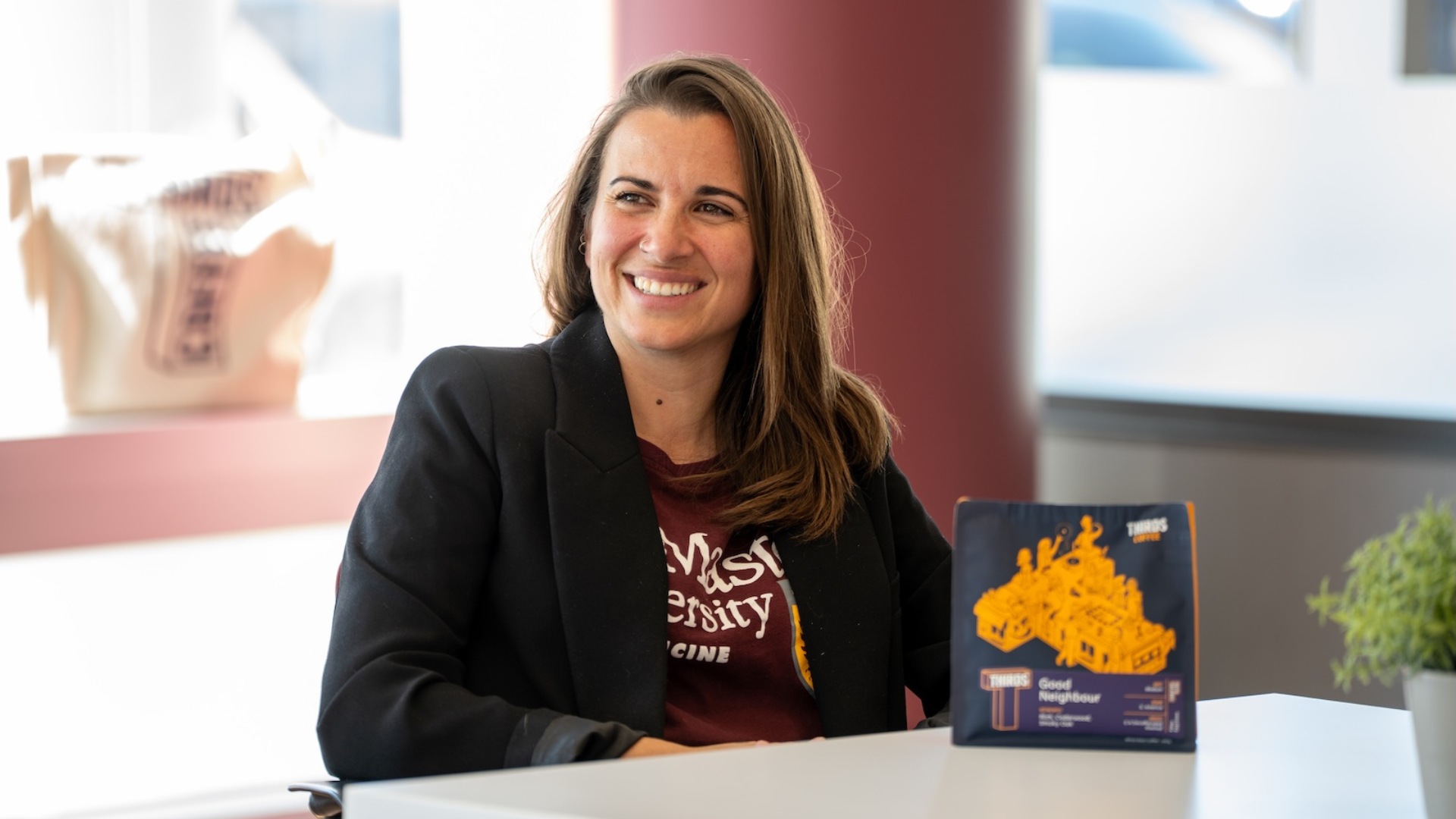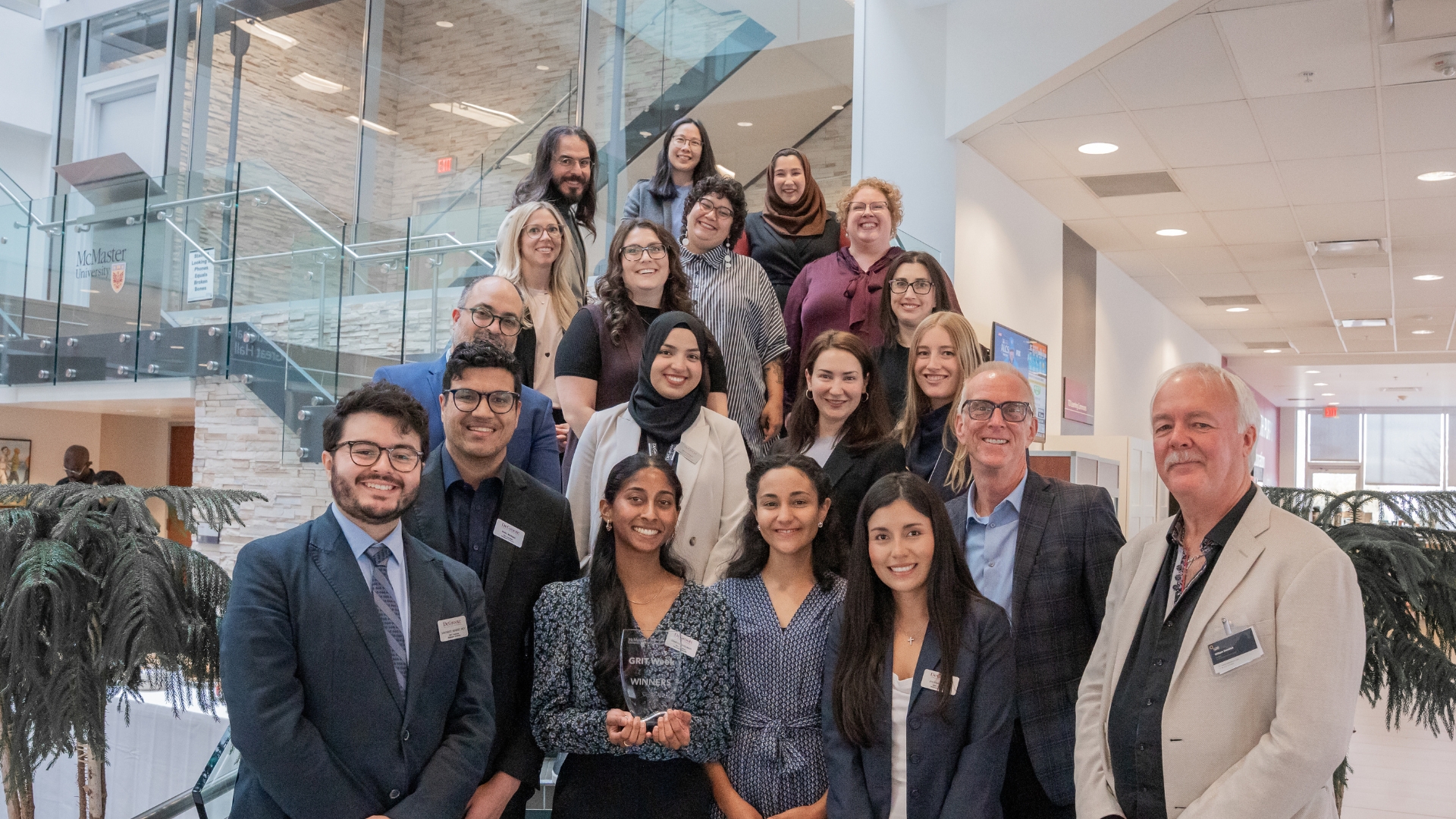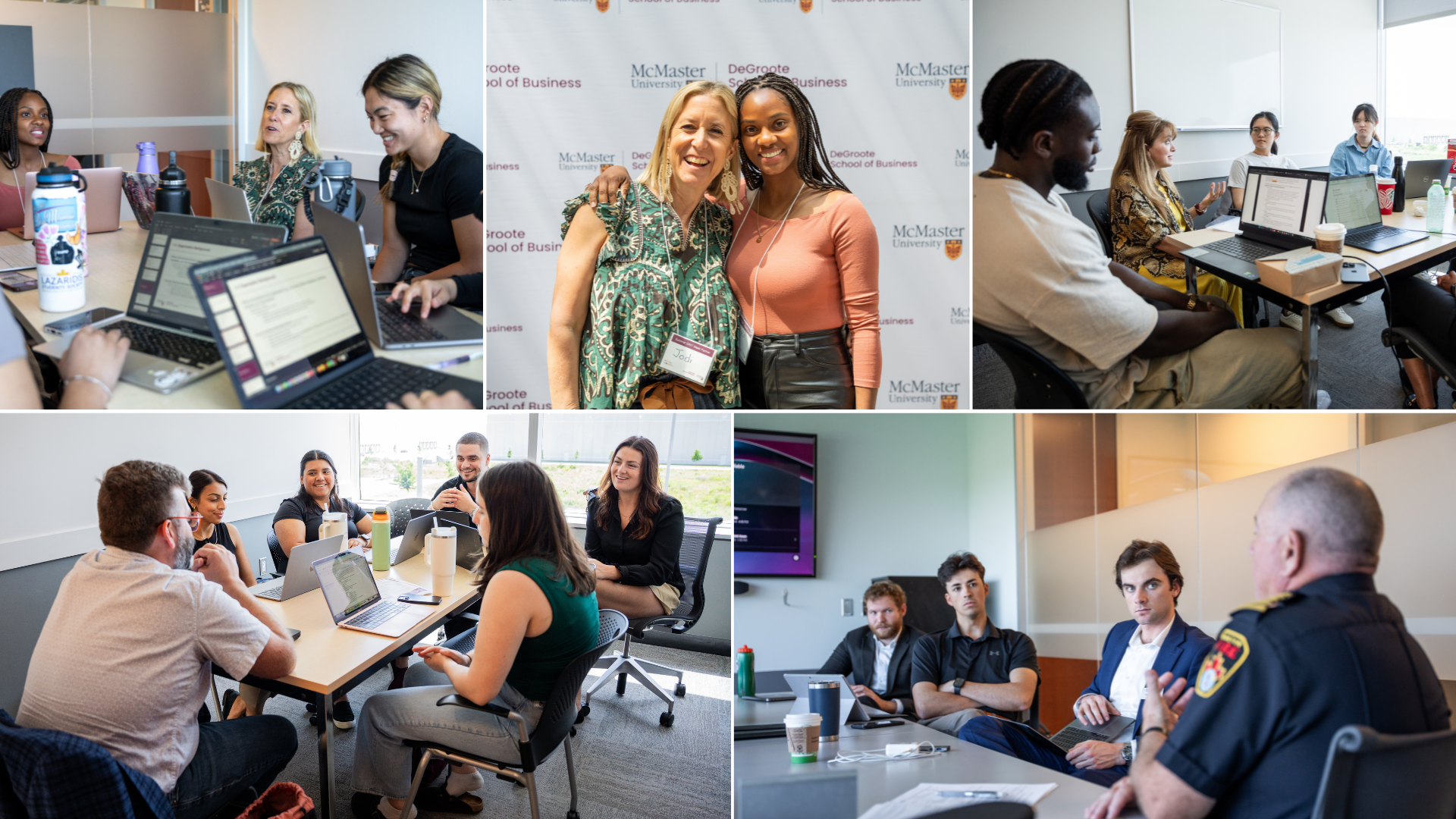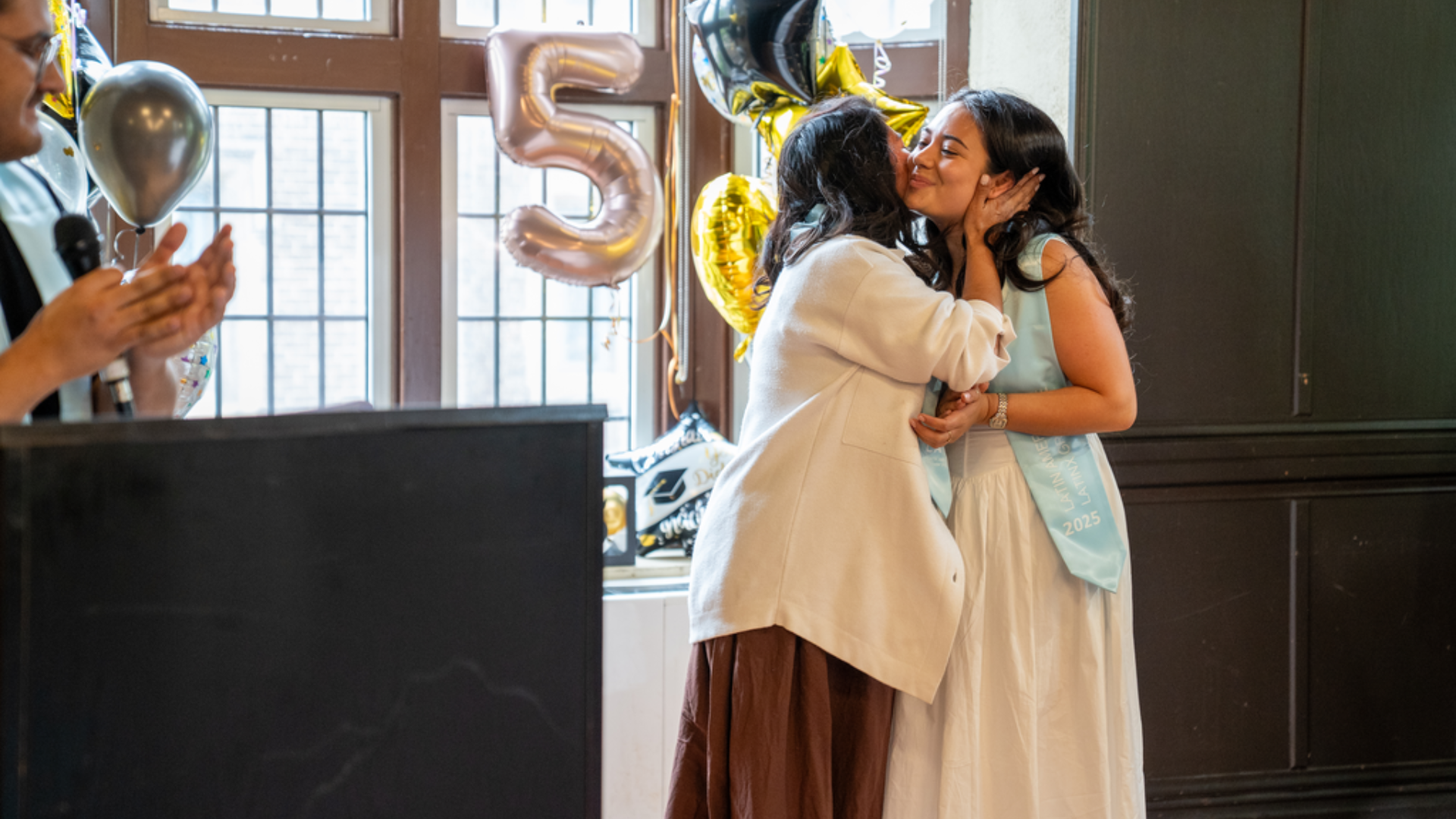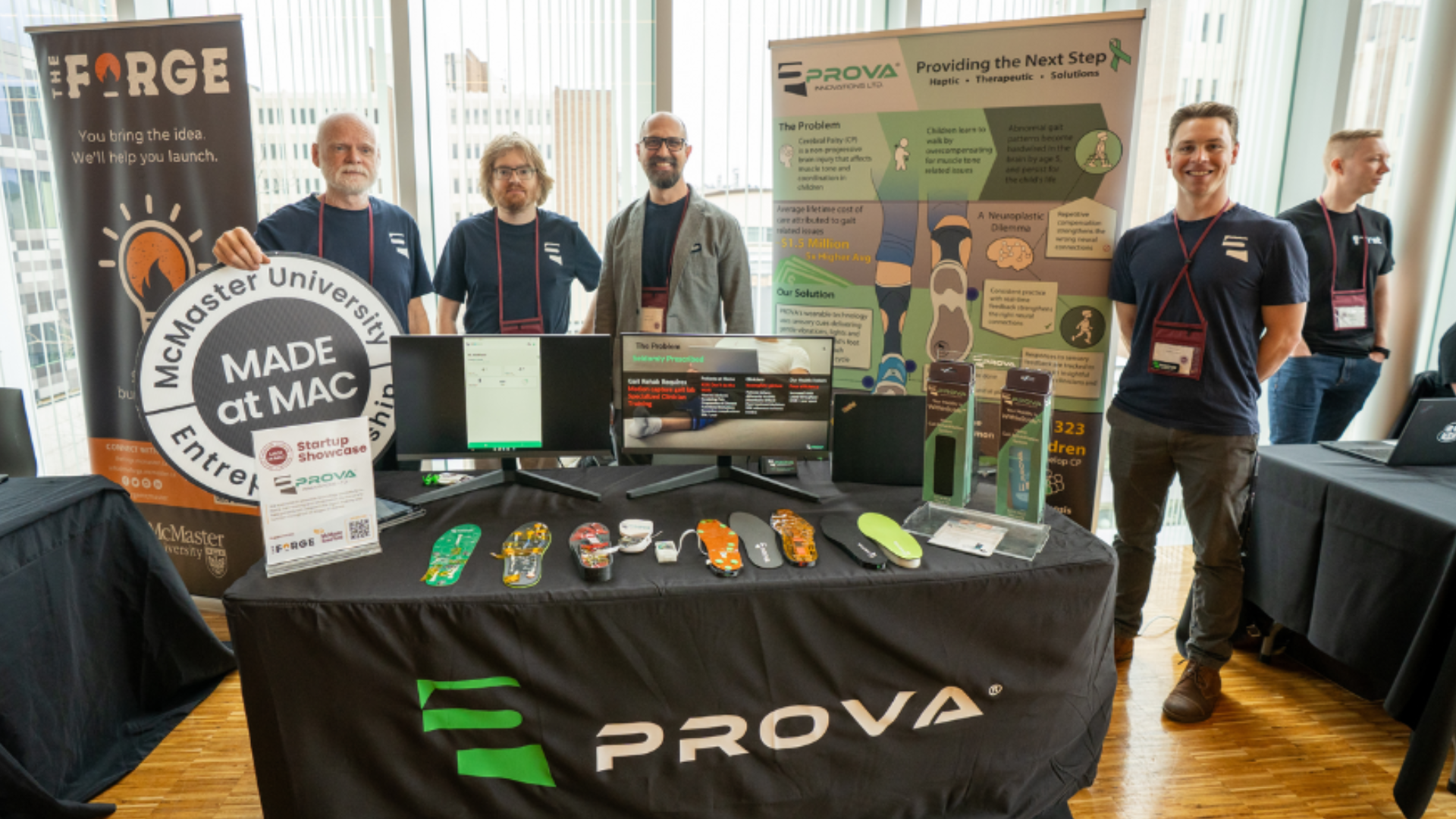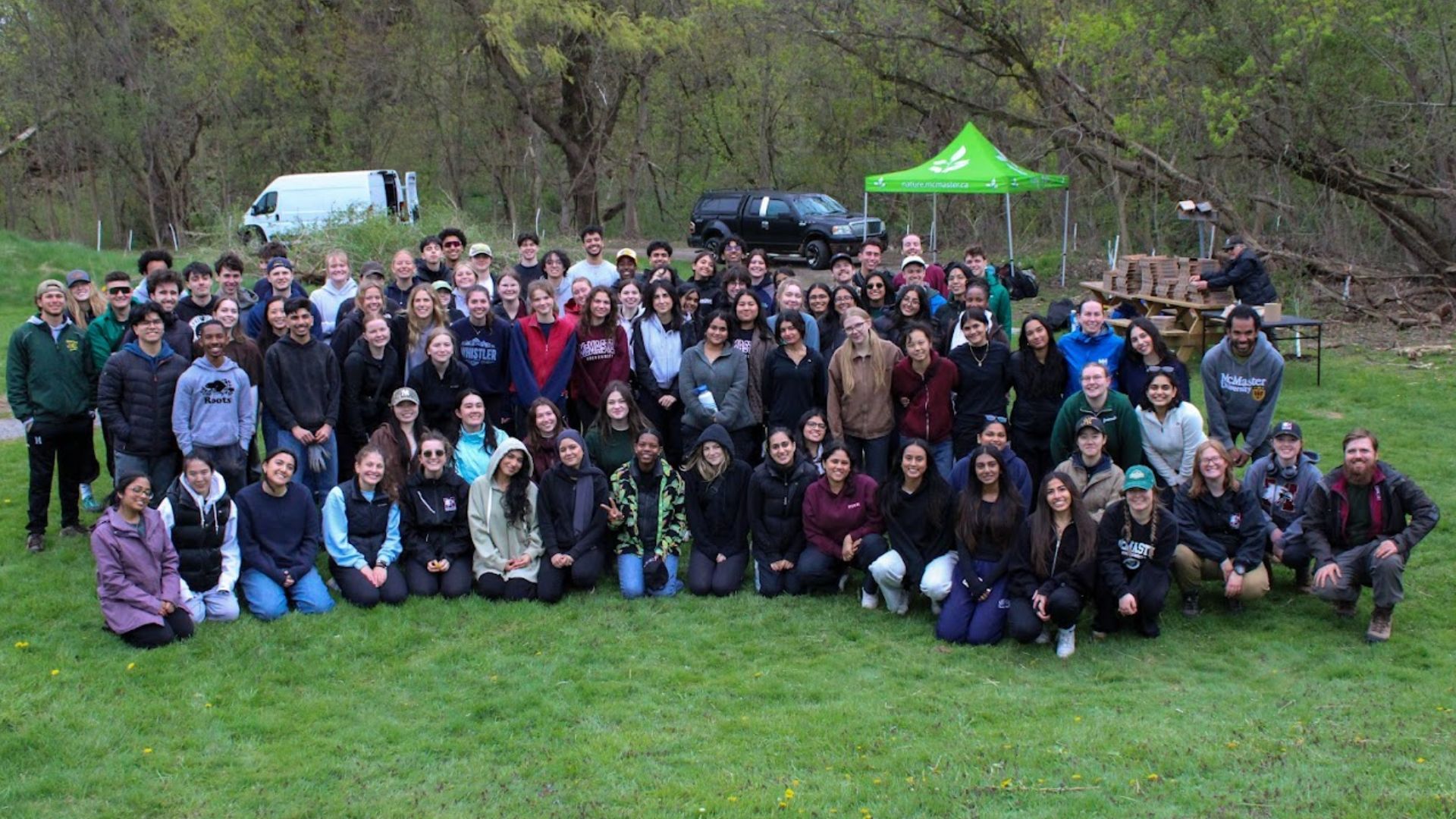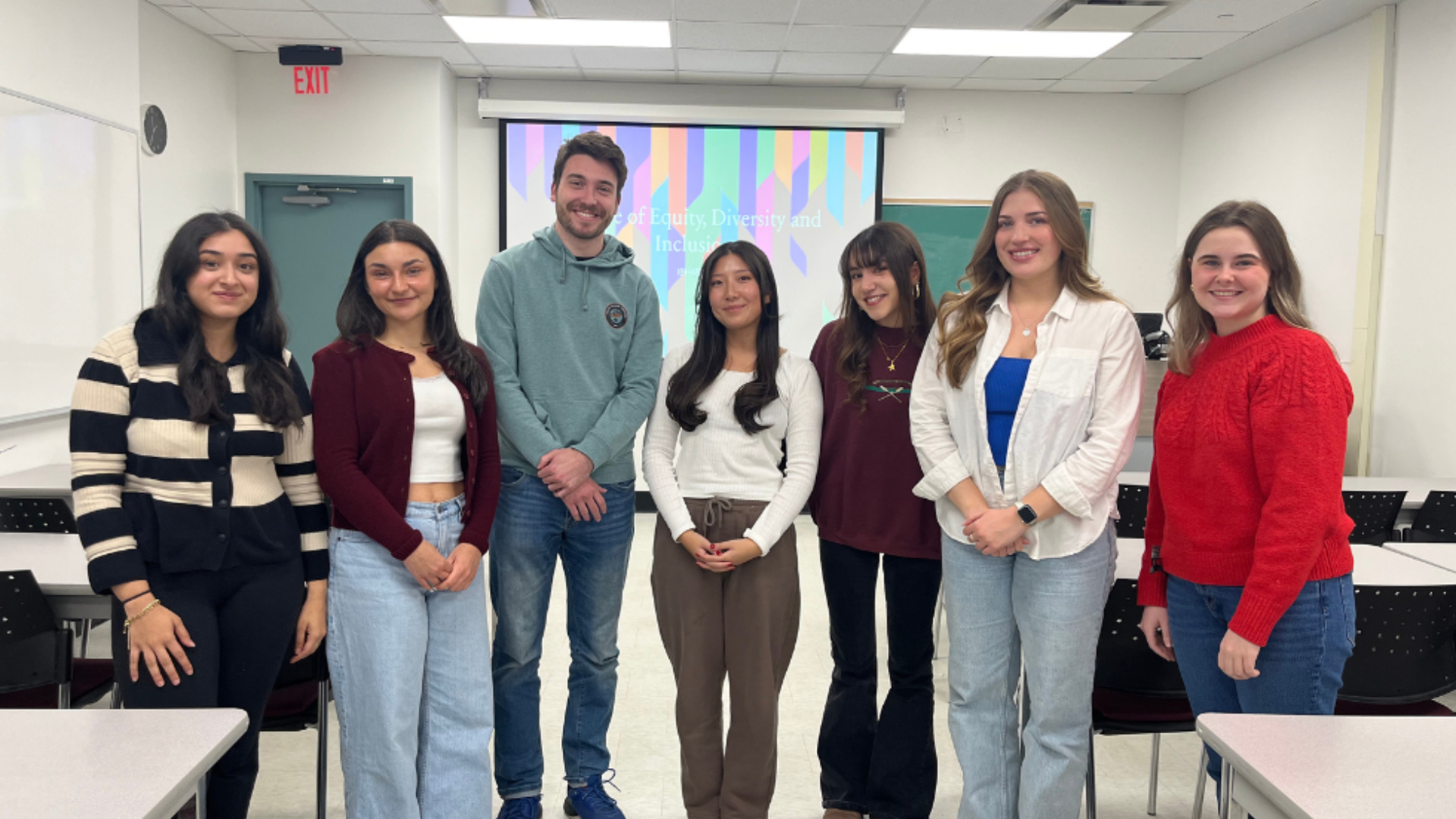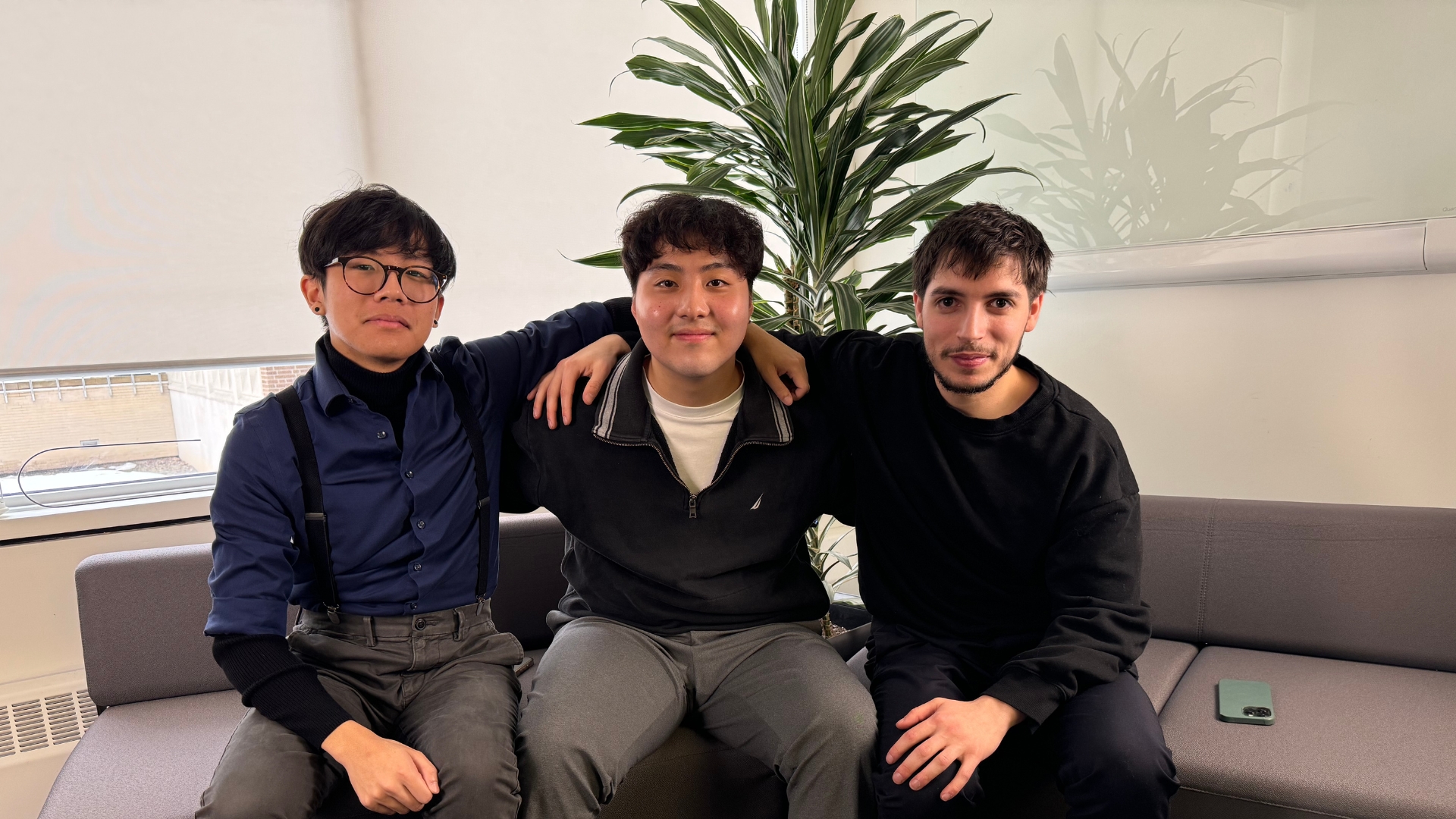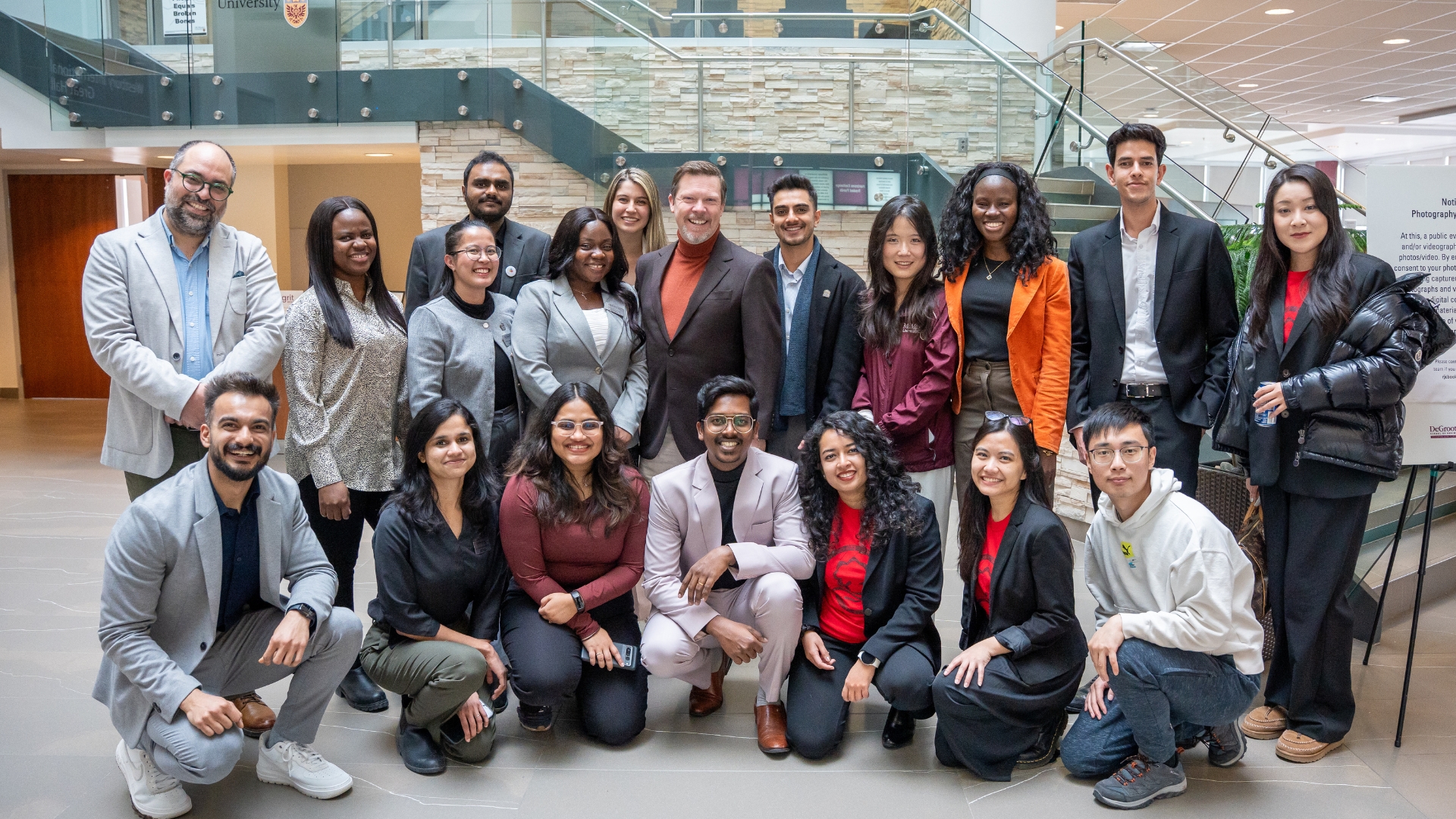From classroom to career: The lasting impact of work-integrated learning
March 26, 2025 ·
Contributed by: Angelica Babiera, Communications Officer

When DeGroote students step into the world of Work-Integrated Learning (WIL), they aren’t just gaining experience—they’re uncovering new career possibilities, learning to navigate professional challenges and building confidence in their abilities. For many, it’s a pivotal moment that helps them bridge the gap between academic learning and the realities of the workforce.
Through WIL, both DeGroote MBA and undergraduate students have the opportunity to work alongside industry professionals, contribute to strategic projects and make a tangible impact in their workplaces. Whether it’s discovering a new passion, developing technical and leadership skills or overcoming unexpected challenges, the lessons learned through WIL extend far beyond the classroom. The following stories from DeGroote students highlight the transformational impact of WIL and how these experiences have helped shape their professional aspirations.
Exploring new career opportunities
For many students, WIL experiences have opened doors to unexpected career paths. Bella Stein, a DeGroote MBA co-op student, reflects on how her co-op experience at Jewish Family and Children’s Services (JFCS) introduced her to new areas of business and operations.
“My work-integrated learning experiences exposed me to exciting new areas of business and operations I didn’t even know existed.
During my time at JFCS, I learned about how the work of non-profits is both shaped and confined by funder expectations,” explains Stein. “Now, as I explore new opportunities for employment, I have a broader range of interests and a better understanding of how non-profits and hospitals run and therefore can be a more competitive candidate.”
Similarly, Malaysia Sandhu, an MBA co-op student, discovered a passion for strategic leadership through her experience developing a strategic plan for the mental health organization CMHA Hamilton.
“Engaging with diverse stakeholders, from clients and families to direct care staff and board members, allowed me to understand the value of multiple perspectives and the importance of creating a space where individuals feel heard,” Sandhu says.
This experience strengthened Sandhu’s ability to build trust and solidified her confidence in pursuing a leadership role to drive meaningful change.
Developing essential skills
Work-integrated learning doesn’t just provide experience, it also equips students with critical technical and soft skills that prepare them for their careers. MBA co-op student Hillary Baran, who worked on the Hospital-to-Home program expansion at St. Joseph’s Healthcare Hamilton, honed her data analysis and project management skills by analyzing operational data, forecasting resource needs and supporting decision-making with data-driven insights. Additionally, she strengthened her soft skills in stakeholder communication, adaptability and problem-solving, further preparing her for future professional challenges.
Stein also found herself learning both technical and strategic skills during her co-op. “In terms of technical skills, I learned how to create business process maps,” she explains. “I also developed my analytical skills and created numerous dashboards tracking program outputs and outcomes.”
Overcoming challenges and learning adaptability
Navigating workplace challenges is a core part of WIL experiences. Students learn resilience and adaptability when faced with real-world problems. For Sandhu, ensuring inclusivity in the strategic planning process at CMHA Hamilton was a key challenge.
“During a board engagement session, I received feedback that we needed to engage more Hamilton-based organizations serving diverse populations,” she says.
“Rather than feeling discouraged, I took a proactive approach by revising our stakeholder engagement strategy. By demonstrating adaptability and a commitment to inclusive decision-making, I was able to strengthen the plan’s relevance and effectiveness.”
Similarly, Sofia Djordjevic, a fourth-year honours commerce undergraduate student, faced workplace changes at Hydro One and learned how to professionally manage uncertainty by adapting and making adjustments where necessary to better herself and her team.
This experiential learning also bridges the gap between theory and practice, deepening students’ understanding of business strategy. Baran found that while her coursework in strategy and operations provided a strong foundation, her co-op experience allowed her to apply these concepts in a meaningful way. Observing how small operational changes directly influenced patient care and resource allocation made the learning more tangible.
Likewise, Bella Stein discovered that strategy is best understood through hands-on experience. During her time at JFCS, she gained valuable insight into organizational decision-making, particularly in technology and client tracking systems, enabling her to contribute meaningfully to strategic improvements.
Advice for future students
Students who have completed WIL programs emphasize the importance of proactive engagement and curiosity. Stein advises asking a lot of questions, “Ask if you can sit in on leadership meetings. Your curiosity, if directed in a respectful manner, is one of your greatest tools as a student.”
Sandhu also provides additional strategies for making the most of WIL opportunities by building your network.
“Be genuinely curious about people’s roles and experiences by engaging in coffee chats, following up after meetings and connecting with professionals on LinkedIn. At the same time, be open to feedback. Constructive feedback is an opportunity for growth.”
The lasting impact of WIL
Looking back, students recognize the long-term value of their work experiences. Yumnah Hussain, a fourth-year Integrated Business and Humanities student, emphasizes the power of collaboration in driving growth and innovation while building genuine connections.
“I learned that successful organizational progress hinges not only on individual expertise but also on the strength of the collective effort, where collaboration and shared vision empower teams to accomplish goals that might seem unattainable alone,” says Hussain.
“This reinforced the idea that the best outcomes are achieved when people come together, bringing their unique strengths to the table. To me, that’s something that I will always remember throughout my career.”
Through these employment experiences, DeGroote students are not only able to explore career opportunities but also develop the confidence and expertise needed to succeed in their chosen fields. As these students reflect on their journeys, their insights underscore the importance of work-integrated learning in preparing future leaders, strategists and changemakers in various industries.

